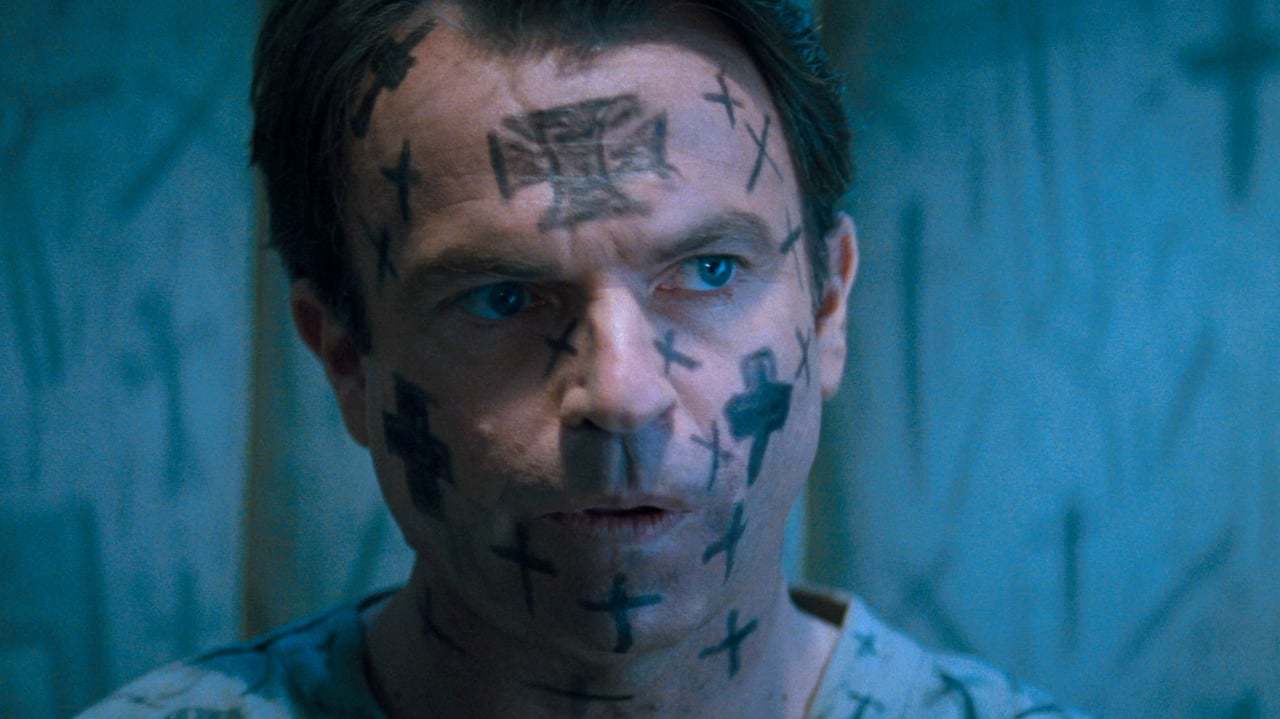
Depending who you ask the 1990s was a rather lacklustre decade for horror. I’m more of the opinion that, following the horror renaissance of the 80s, it may have been a less impactful time for genre enthusiasts for a little while, but it would also see a resurgence in the slasher subgenre (thanks to Wes Craven’s Scream franchise) as well as found footage frights (The Blair Witch Project would leave a lasting impression and influence), and of course the trends of teen exploitation chillers, Stephen King adaptations and high concept arthouse horrors would also continue to carve out their own niches on the crowded horror field.
The list that follows looks at some 90s fright films that have proven to entice audiences, in most instances audiences that eluded them upon initial release, or were sleepers then, only to be reassessed and reappraised in the time since. Either way, these are largely a collection of rewarding, under-the-radar gems that are sure to fire the imagination and fuel a nightmare or two. Enjoy!
10. Cube (1997)
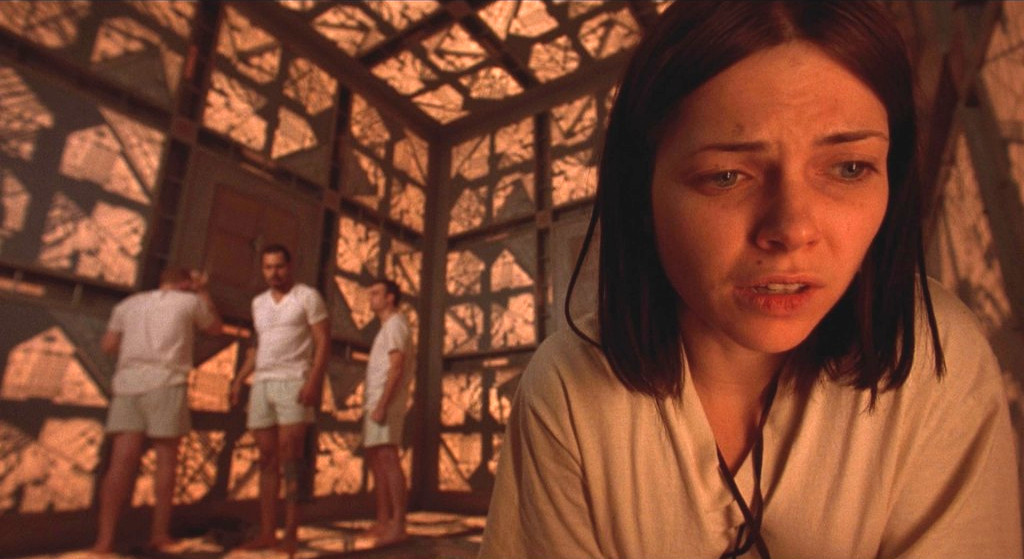
Like a Twilight Zone episode dreamed up by the likes Jorge Luis Borges, Canadian filmmaker Vincenzo Natali (Splice) made an auspicious feature-length directorial debut with this psychological thriller/horror/sci-fi pastiche, the ultimate in high-concept and low-budget mind messing.
A small group of strangers (including Nicole de Boer and Julian Richings) awaken in an elaborate prison maze of joining cubic cells that seem to go on to infinity, each with no memory of how they arrived in such strange perplexity. As they traverse the cube they soon find that each cell is booby-trapped, the meaning behind their impasse is scrutinized intelligently, and the allegorical and metaphysical payoff is as satiating as it is fist-pumping.
9. Lord of Illusions (1995)
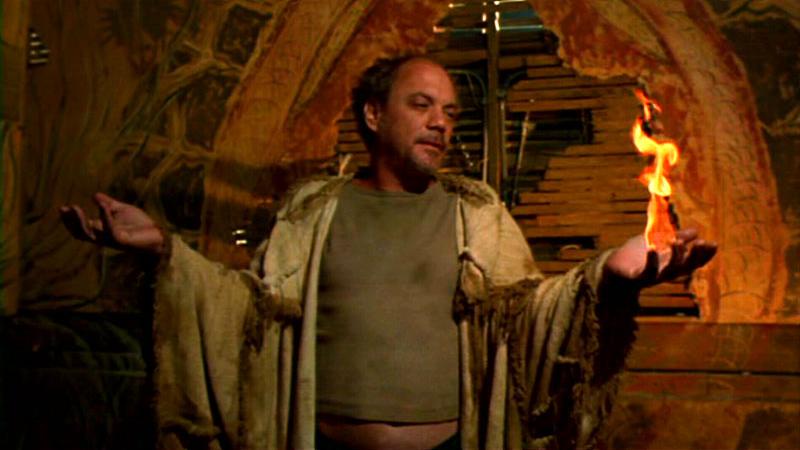
Unless you’re a Clive Barker superfan you’d be easily forgiven for forgetting all about this supernatural film noir creepfest, which was barely a blip at the box office before reappearing with little fanfare in video stores. And it’s a shame so few people turned out for this occult-addled mystery featuring Scott Bakula’s New York City gumshoe Harry D’Amour, as Lord of Illusions was primed to be the first in a pulp detective horror franchise that Barker was aching to unleash.
Dorothea (Famke Janssen) is the wife of the renowned and eponymous illusionist Phillip Swann (Kevin J. O’Connor), who has become the vengeful focus of a ticked off and treacherous cult, and she’s hired D’Amour in hopes he can protect her husband from these maniacs and in particular, their dangerous leader, William Nix (Daniel von Bargen).
While Nix may not have the visual menace of Pinhead or the engaging origin story of Candyman, he’s still one of Barker’s most chilling and charming villains, and for better or worse, perhaps his most conventional. Watching him throw down against the world-weary D’Amour is a spooky and satisfying saga, highlighted by strong visual effects and fine performances, Lord of Illusions is smoke and mirrors worth engaging in.
8. Ravenous (1999)
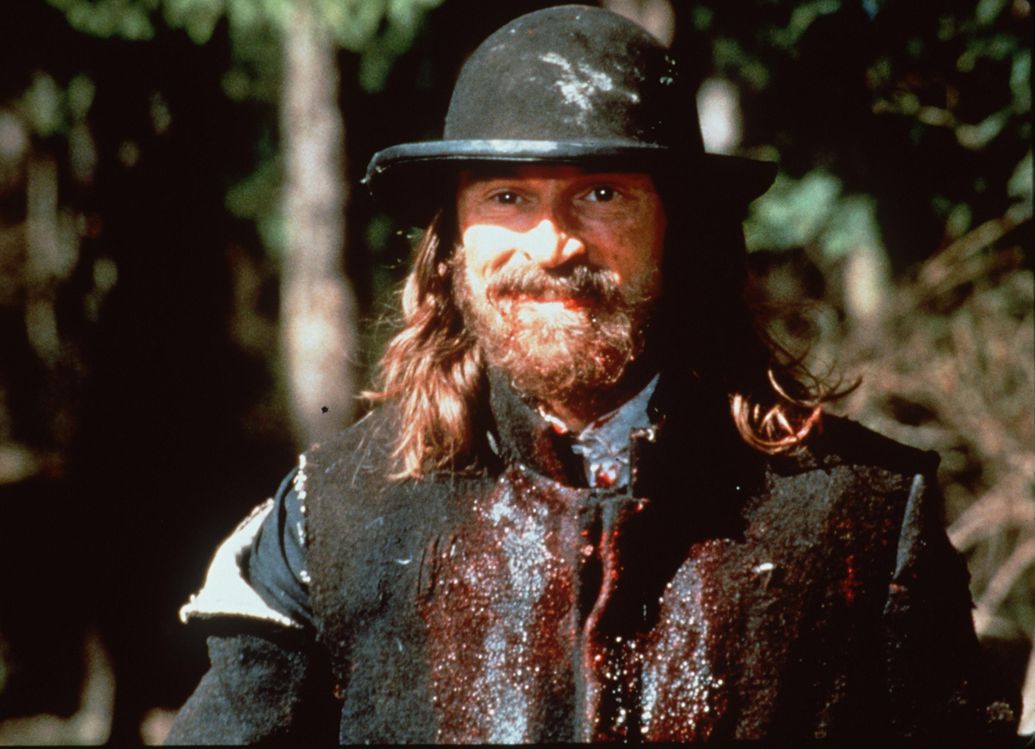
Antonia Bird’s gruesome black comedy/horror-suspense movie messes around with the mystery around both the Donner Party and Alfred Packer tragedies in this decidedly strange tale of cannibalism and survival in 1840s California. The creep factor is considerably upped by the Damon Albarn/Michael Nyman score, cinematographer Anthony B. Richmond’s lensing, Bird’s solid direction, and some whacked out performances from the strong cast, Robert Carlyle and David Arquette chiefly amongst them.
Captain John Boyd (Guy Pearce) is sent to investigate strange reports of missing men, women, and children at a remote Army outpost, Fort Spencer, on the Western frontier. It’s not long before Boyd and his regiment find wounded frontiersman F.W. Colquhoun (Carlyle), whose horrible report of a wagon train tragedy and a rogue Army colonel lead Boyd and his boys into the evil unknown.
Ravenous originally received a tepid and lukewarm response from audiences and critics, though Roger Ebert rightly detailed it as “the kind of movie where you savor the texture of the filmmaking, even when the story strays into shapeless gore.” Now, in hindsight and rediscovered by adventurous audiences, Bird’s Ravenous is better appreciated for its skewering of Western tropes, razor-sharp satirical tact, vivid horror elements, and silly-strange intensity.
7. Cemetery Man (1994)
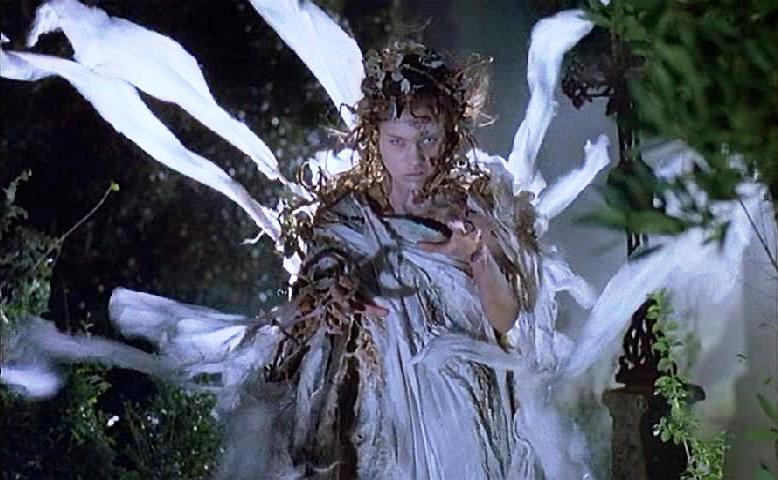
This existential zombie comedy from Michele Soavi, based off of Italian comic book author/novelist Tizian Scalavi’s 1991 novel “Dellamorte Dellamore”, is probably the best zombie populated, satirical, necrophilia-addled rom com you’ve never seen.
Rupert Everett is our put-upon hero Francesco, who works at a cemetery alongside his simpleton sidekick, Gnaghi (a perfectly cast François Hadji-Lazaro), just outside the sleepy Italian village of Buffalora. By day Francesco and Gnaghi busy themselves maintaining the cemetery so that the grieving can mourn their loved ones and find some semblance of peace amongst the manicured lawns, hedgerows and well-looked after tombstones and crypts. By night it’s a whole other story as Francesco and Gnaghi must battle said loved ones, who rise like clockwork the night of their burial as a shambling, shrieking zombie.
Fans of Sam Raimi’s Evil Dead films will appreciate the pitch-black humor of Cemetery Man, a film that jumps genres in a wink and a blink. A madcap zombie movie one minute, a sexy/silly romantic comedy the next. The end result is a delightfully weird and devilish detour that also features my favorite horse reaction shot to a terrible traffic collision that you’re likely to ever see.
6. Poison (1991)
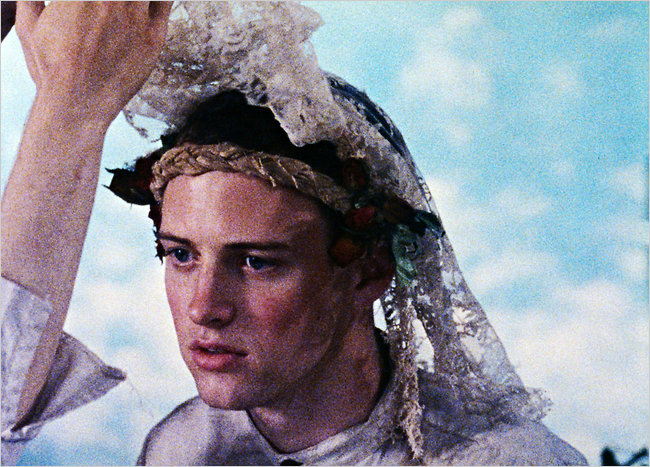
Todd Haynes rushed onto the stage as a New Queer Cinema trailblazer in the dizzying debut, Poison. This audacious, confrontational, and uncompromising portmanteau triptych takes on three wholly different genres (faux documentary, gay prison romance, and 1950s sci-fi horror B-movie), drawing perhaps most notably from French iconoclast Genet’s lurid BDSM-addled poetic writings.
The common thread that sews these stories together rests in the dissection of traditional attitudes on homosexuality, and social panic, with results that move from subtle to extreme as familiar modes, methods, and archetypes get reworked and regenerated right before our eyes. Even today, nearly 30 years on, it’s rare to see such contrastingly delicate, lithe, and polemical designs in a single film. Poison is powerful stuff from a major American director. Don’t miss it.